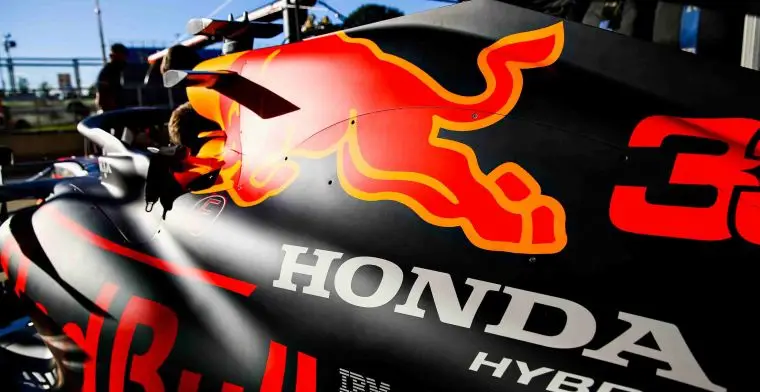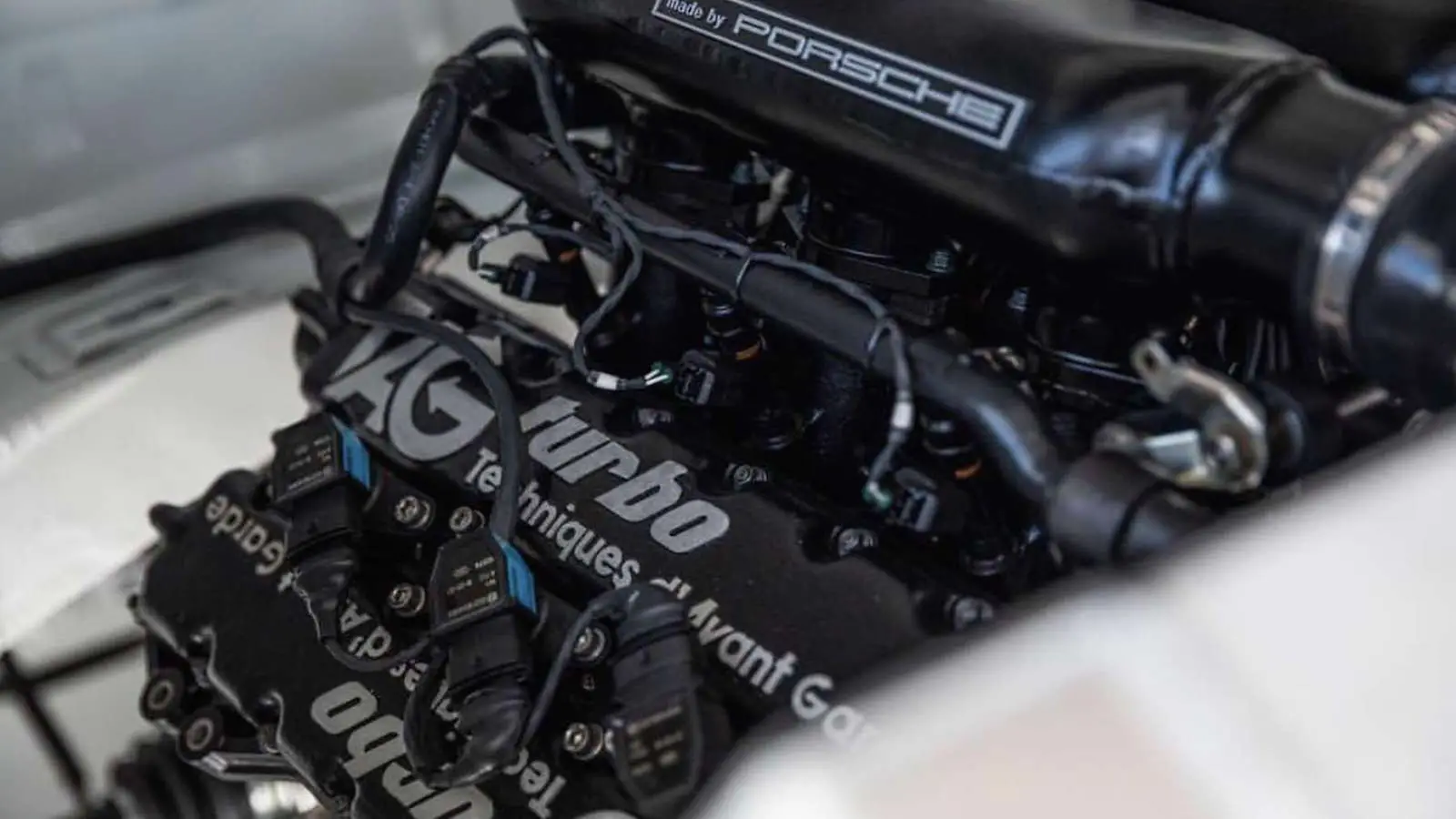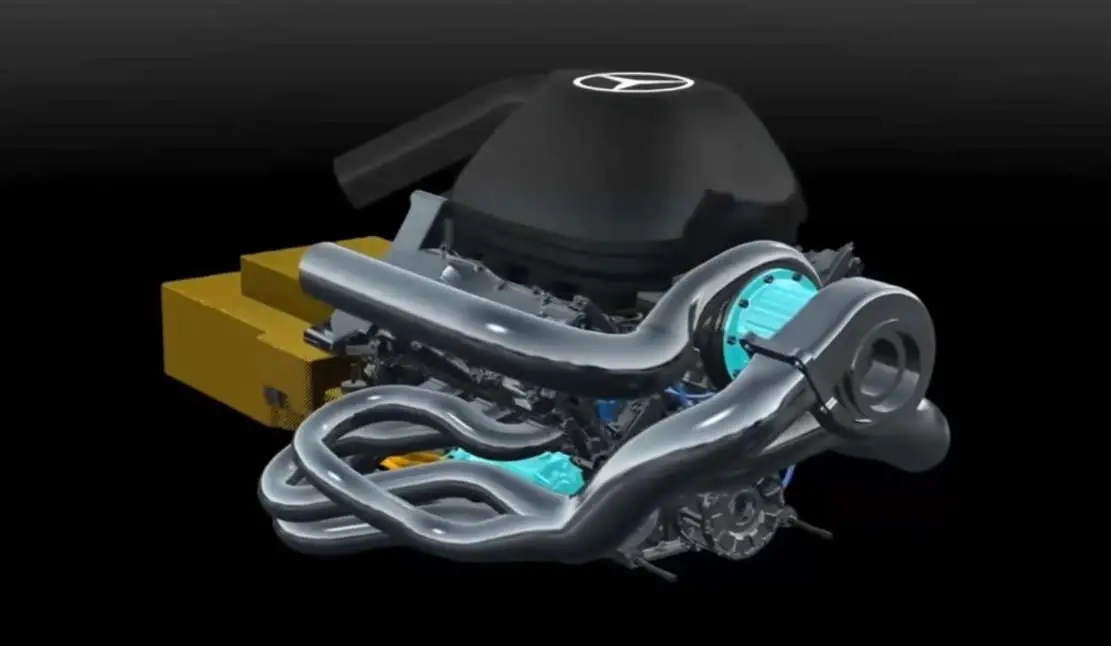The Future of F1 Hybrid Engines

1 engine hybrid Since their introduction in Formula 1 (F1) in 2014, hybrid engines have revolutionized the sport, ushering in an era of unprecedented efficiency and performance. This comprehensive overview delves into the intricate details of F1 hybrid engines, unlocking the secrets of their performance and exploring the future of this innovative technology.
The Hybrid Revolution in Formula 1: A Comprehensive Overview
The introduction of hybrid engines in F1 marked a significant turning point for the sport. It not only brought about a drastic change in the power units used in the cars but also highlighted the importance of sustainability and efficiency in motorsports.
At the heart of every F1 hybrid engine lies an intricate symphony of combustion and electrical power. Combining a 1.6-liter V6 turbocharged internal combustion engine (ICE) with a sophisticated energy recovery system (ERS), these power units deliver remarkable levels of power and efficiency.
Exploring the Intricacies of F1 engine hybrid: A Technical Deep Dive
To truly understand the capabilities of F1 hybrid engines, it is essential to delve into the technical aspects that make them so unique. The ERS comprises two distinct systems: the kinetic energy recovery system (KERS) and the heat energy recovery system (HERS).
The KERS captures energy dissipated during braking, converting it into electrical energy stored in a high-voltage battery. This energy can then be deployed to provide a temporary boost in power, offering drivers an extra edge during acceleration and overtaking. On the other hand, the HERS harnesses heat energy from the exhaust gases, converting it into electricity using a turbo generator. This additional power is fed back into the electrical system, further enhancing the engine’s overall efficiency.
The combination of these two systems allows for a seamless integration of electrical power with traditional combustion power, resulting in a more efficient and powerful engine.
Unraveling the Secrets of F1 engine hybrid Performance: A Detailed Examination
The performance of F1 hybrid engines is a result of years of research, development, and innovation. The power units are designed to deliver maximum power while also adhering to strict fuel consumption regulations.
One of the key factors that contribute to the impressive performance of these engines is their ability to recover energy that would otherwise be lost during braking and exhaust gas emissions. This energy recovery not only provides an additional boost in power but also reduces the overall fuel consumption of the car.
Moreover, the integration of electrical power with traditional combustion power allows for a more efficient use of fuel, resulting in improved lap times and reduced emissions. This has not only made F1 more environmentally friendly but has also pushed the boundaries of performance in the sport.
The Future of F1: Unveiling the 2026 F1 engine hybrid Regulations
As with any technological advancement, the future of F1 hybrid engines is constantly evolving. In 2026, new regulations will come into effect, further pushing the boundaries of efficiency and performance in the sport.
The new regulations aim to increase the percentage of renewable energy used in the cars, with a target of 100% by 2030. This means that the ERS will play an even more crucial role in powering the cars, with a focus on developing more advanced and efficient energy recovery systems.
Furthermore, the new regulations will also introduce a standardized battery and control unit, reducing costs for teams and promoting fair competition. These changes are set to revolutionize F1 once again, making it a pioneer in sustainable motorsports.
The Most Expensive Mercedes Cars A Look at Luxury and Performance
Discover the Most Luxurious Car in the World
Mercedes’ Dominance: A Legacy of Innovation in F1 engine hybrid Technology
Since the introduction of hybrid engines in F1, Mercedes has been at the forefront of innovation and dominance. Their success can be attributed to their relentless pursuit of perfection and their ability to adapt to the changing regulations.
Mercedes’ hybrid engines have been hailed as the benchmark for performance and efficiency, with their power units consistently outperforming their competitors. Their success has not only solidified their position as a top team in F1 but has also cemented their legacy as pioneers of hybrid engine technology.
Honda’s Hybrid Prowess: A Journey of Success and Innovation
After a brief hiatus from F1, Honda returned to the sport in 2015 with a renewed focus on hybrid technology. Since then, they have made significant strides in developing their power units, with their engines powering Red Bull Racing to multiple victories.
Honda’s journey in F1 has been one of continuous improvement and innovation. They have constantly pushed the boundaries of hybrid technology, resulting in more powerful and efficient engines. With their recent success, Honda has proven that they are a force to be reckoned with in the world of F1 hybrid engines.
Ferrari’s Pursuit of Hybrid Excellence: A Quest for Performance and Efficiency
Ferrari, known for their iconic red cars and rich history in F1, has also embraced the hybrid revolution. However, their journey has been met with some challenges, with their engines not performing up to their usual standards in recent years.
Despite this setback, Ferrari remains determined to excel in the world of hybrid engines. They have invested heavily in research and development, with the goal of creating a power unit that can match the performance and efficiency of their rivals. With their expertise and resources, it is only a matter of time before Ferrari once again becomes a dominant force in F1.
The Sounds of Speed: Exploring the Unique Acoustics of F1 engine hybrid
One of the most noticeable changes brought about by the introduction of hybrid engines in F1 is the sound of the cars. The high-pitched roar of the traditional V8 engines has been replaced by a lower, more subtle sound.
This change in sound can be attributed to the smaller displacement of the engines and the addition of the turbocharger. However, this does not mean that the sound of F1 cars has lost its appeal. In fact, many fans have grown to appreciate the unique acoustics of hybrid engines, which still emit a powerful and thrilling sound on the track.
Endurance and Efficiency: Unveiling the Secrets of F1 engine hybrid Reliability
In addition to their impressive performance, F1 hybrid engines are also known for their reliability. This is a crucial aspect in a sport where every second counts and any mechanical failure can cost a team valuable points.
The integration of electrical power with traditional combustion power has allowed for a more balanced use of energy, resulting in less strain on the engine components. Moreover, the advanced technology used in these engines allows for better monitoring and maintenance, reducing the risk of unexpected failures.
V6 Power: Delving into the Mechanics of F1 engine hybrid Architecture
The architecture of F1 hybrid engines is a marvel of engineering, with each component working in perfect harmony to deliver maximum performance. The V6 engine is at the core of this architecture, providing the traditional combustion power that has been synonymous with F1 for decades.
However, the addition of the ERS has resulted in a more complex design, with the need for additional components such as the battery, control unit, and turbo generator. These components work together to ensure that the engine runs smoothly and efficiently, delivering the power needed to propel the car to victory.
Conclusion
The introduction of hybrid engines in F1 has brought about a new era of efficiency, sustainability, and innovation in the sport. With their impressive performance and constant evolution, it is clear that they are here to stay. As we look towards the future, it is exciting to see how this technology will continue to shape the world of motorsports and push the boundaries of what is possible on the track.
The Most Expensive Mercedes Cars A Look at Luxury and Performance








